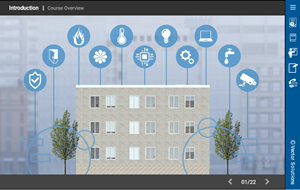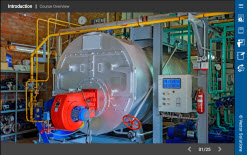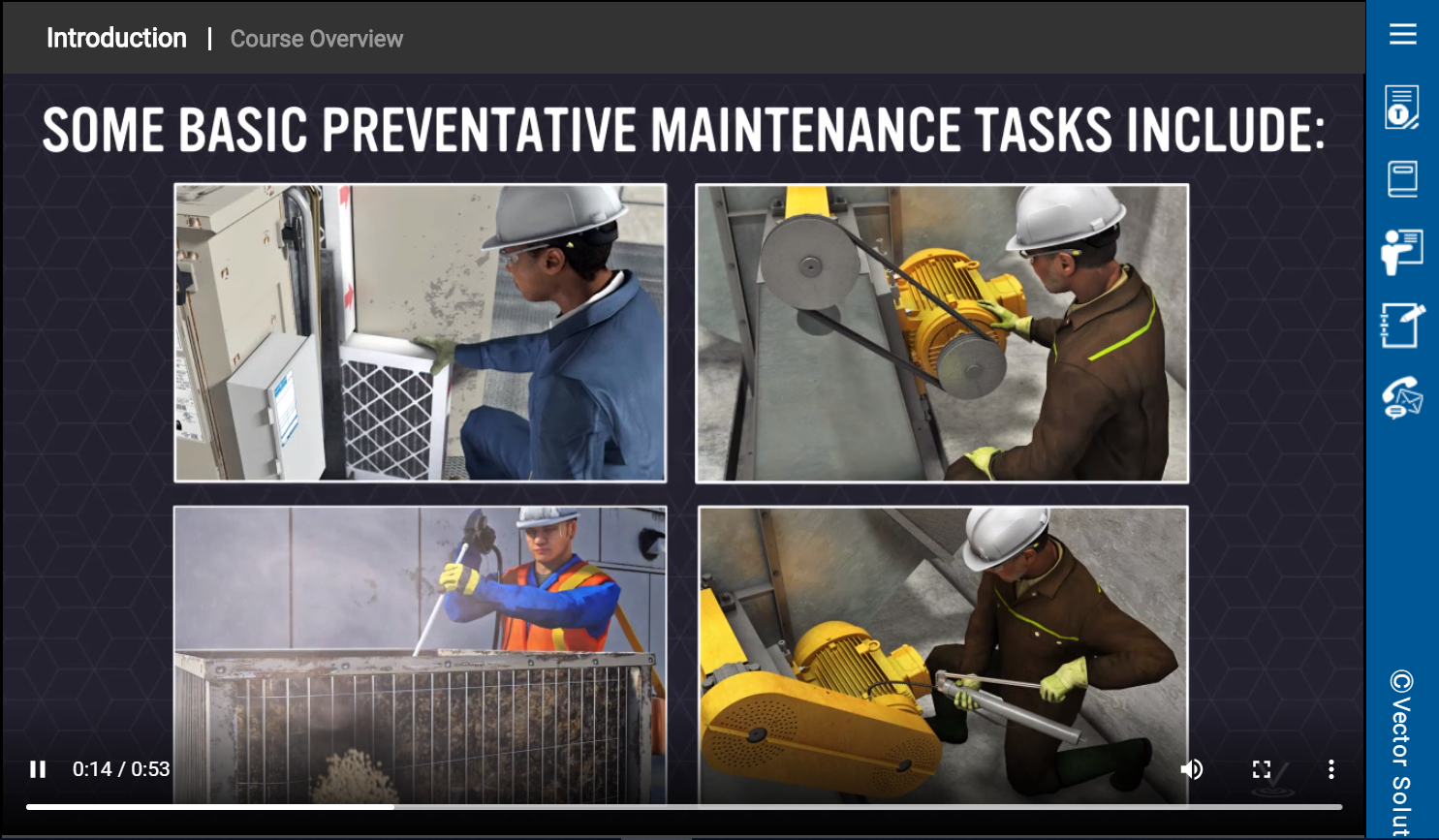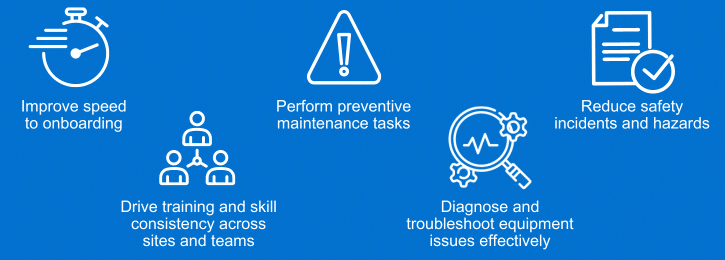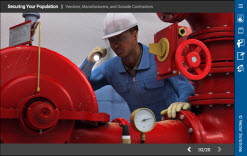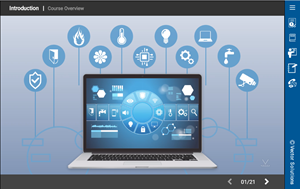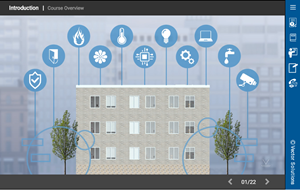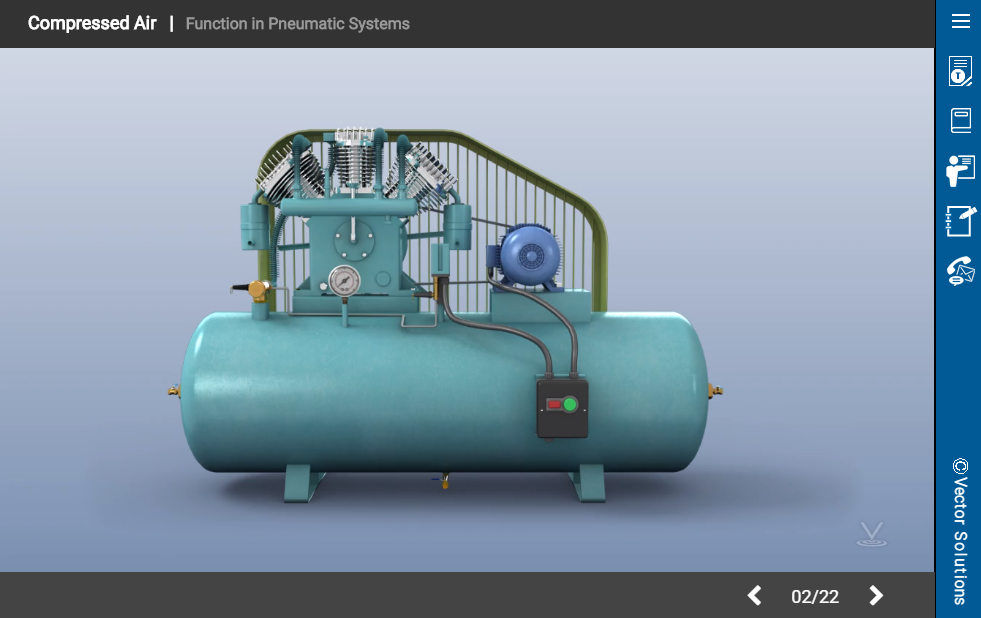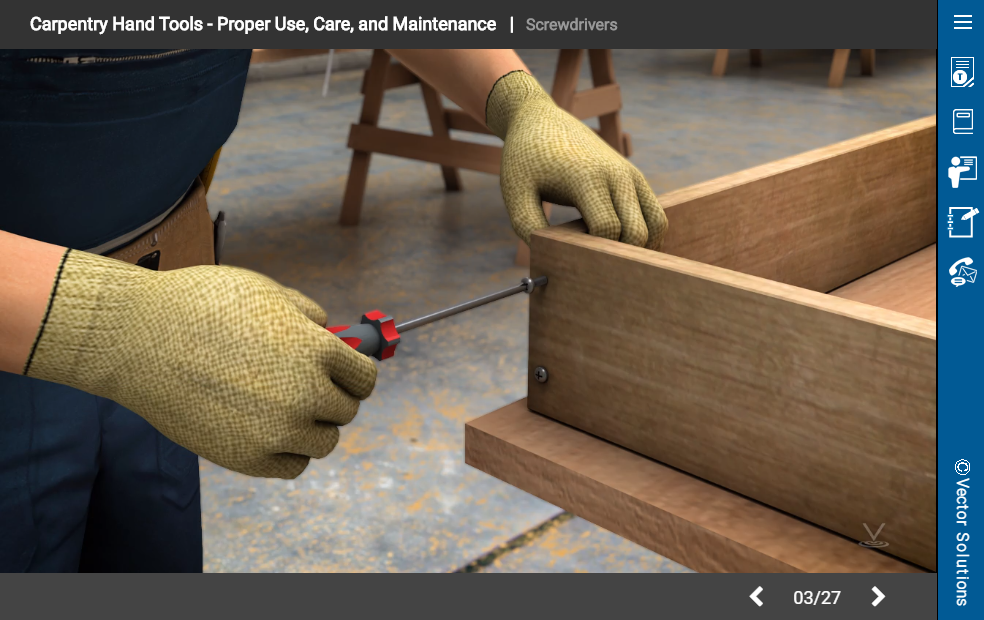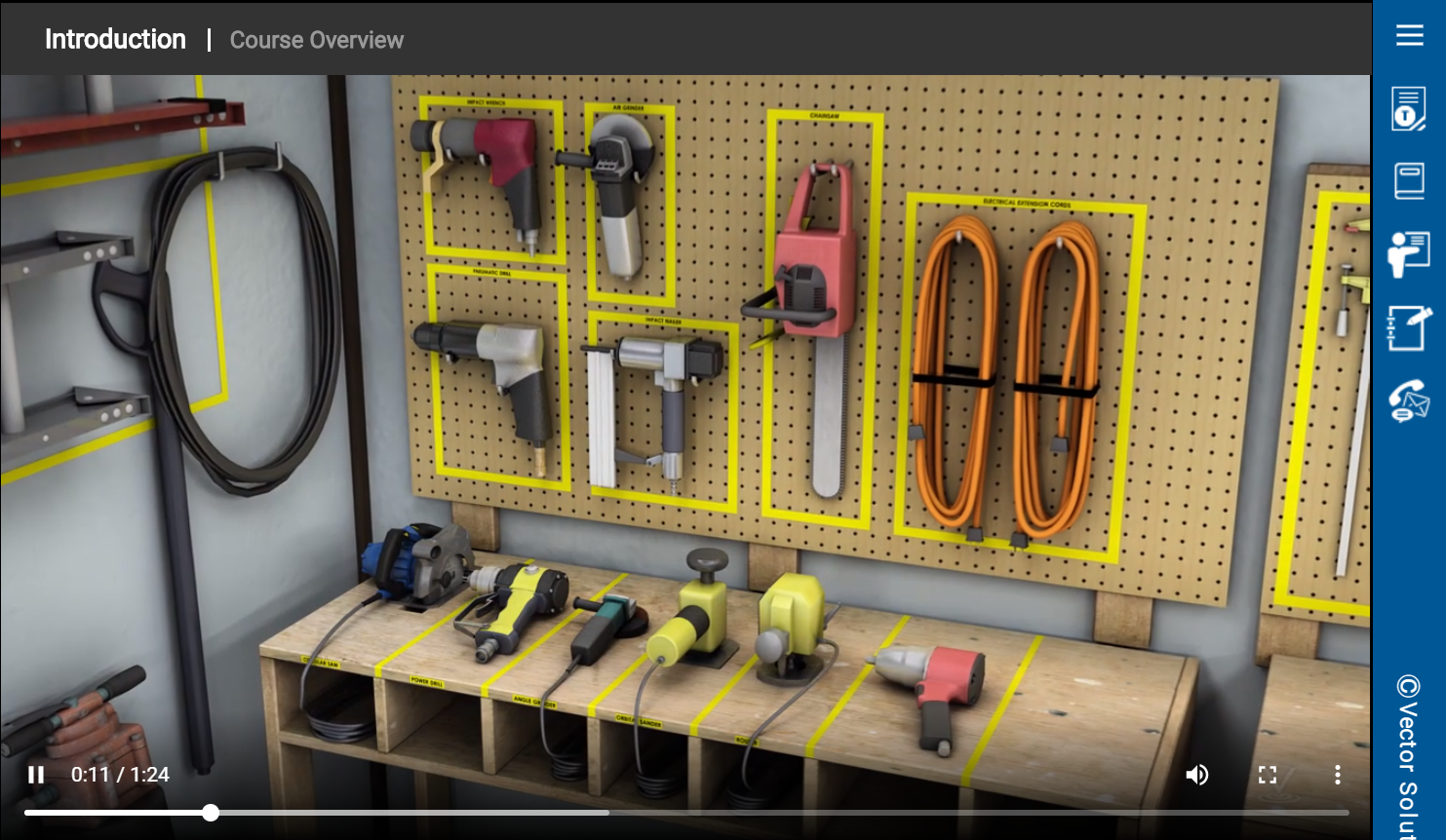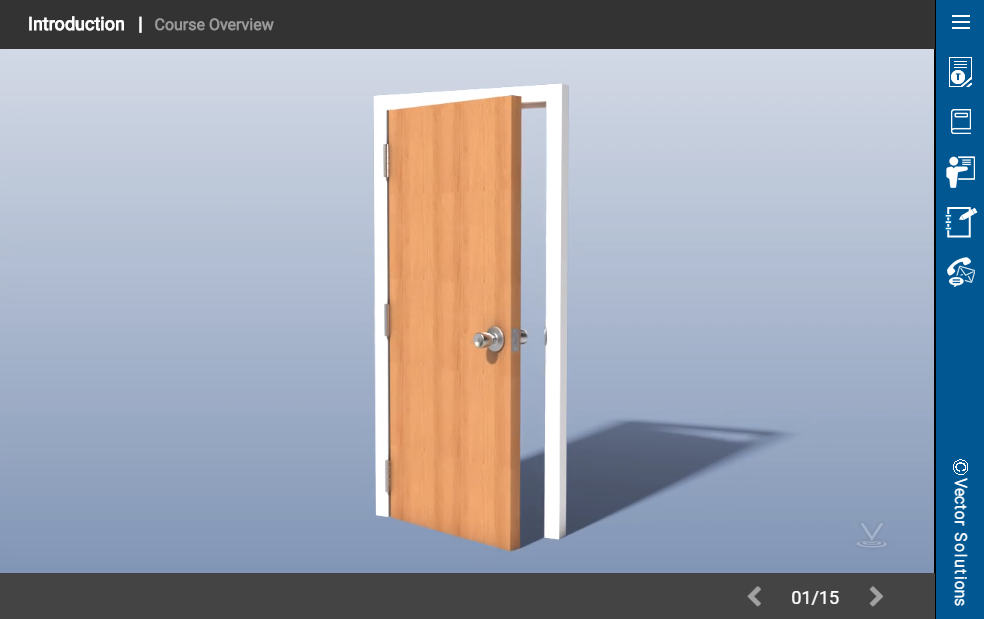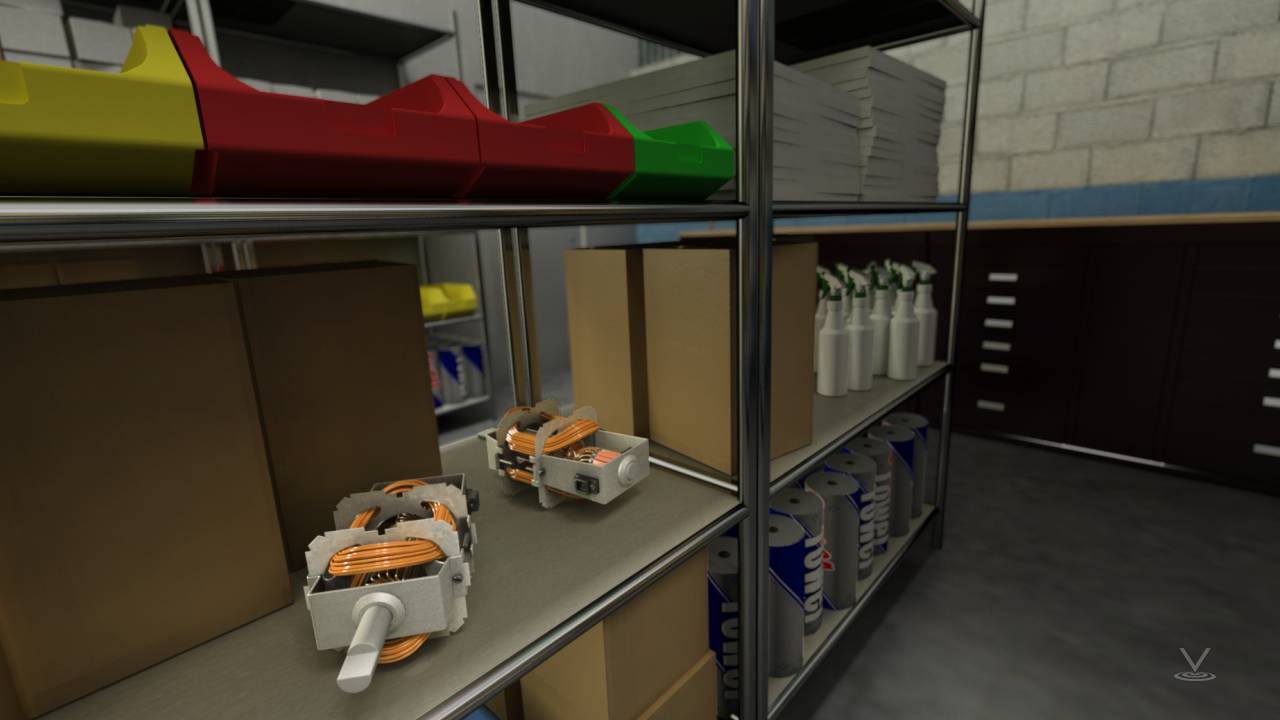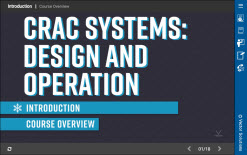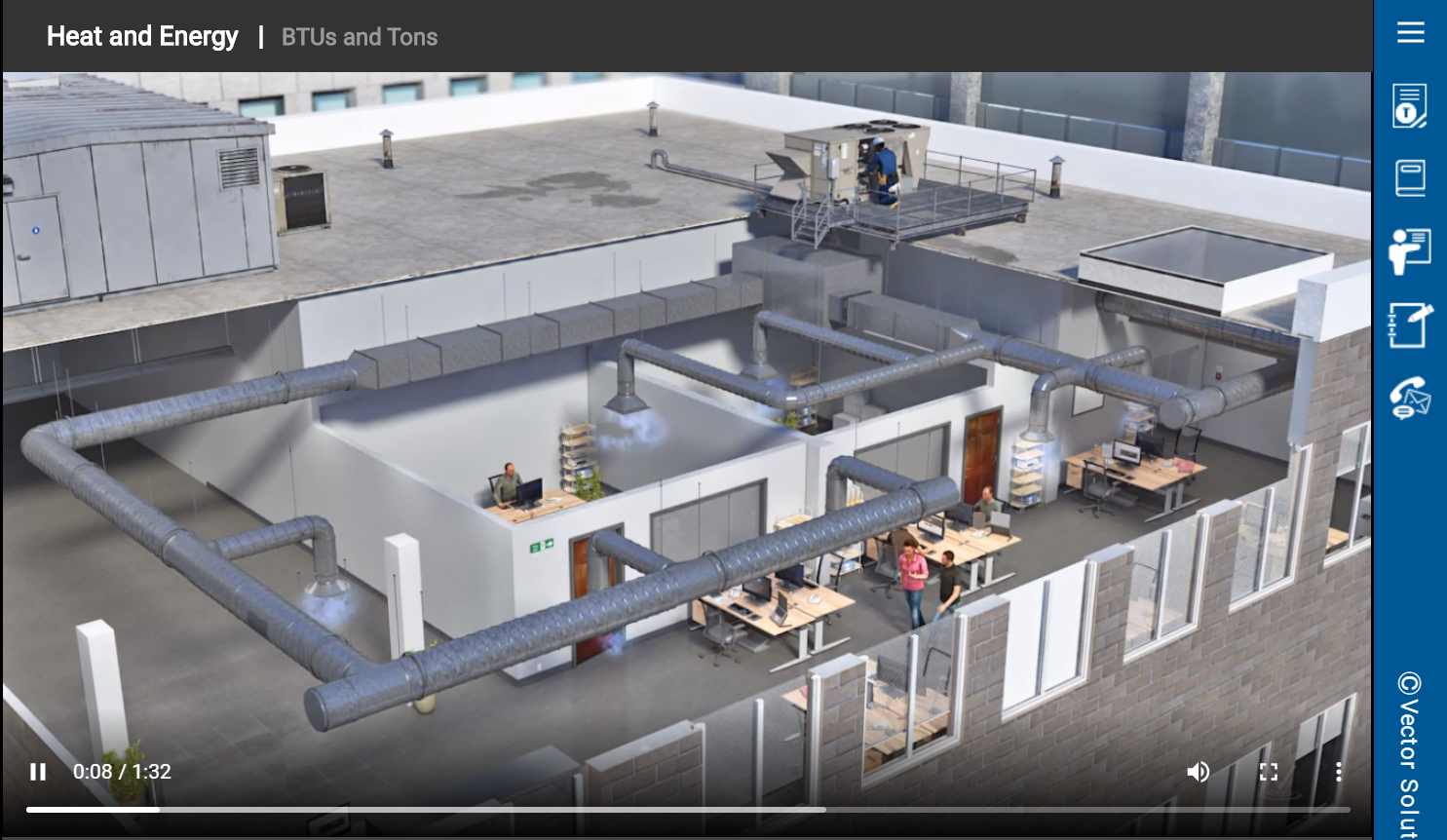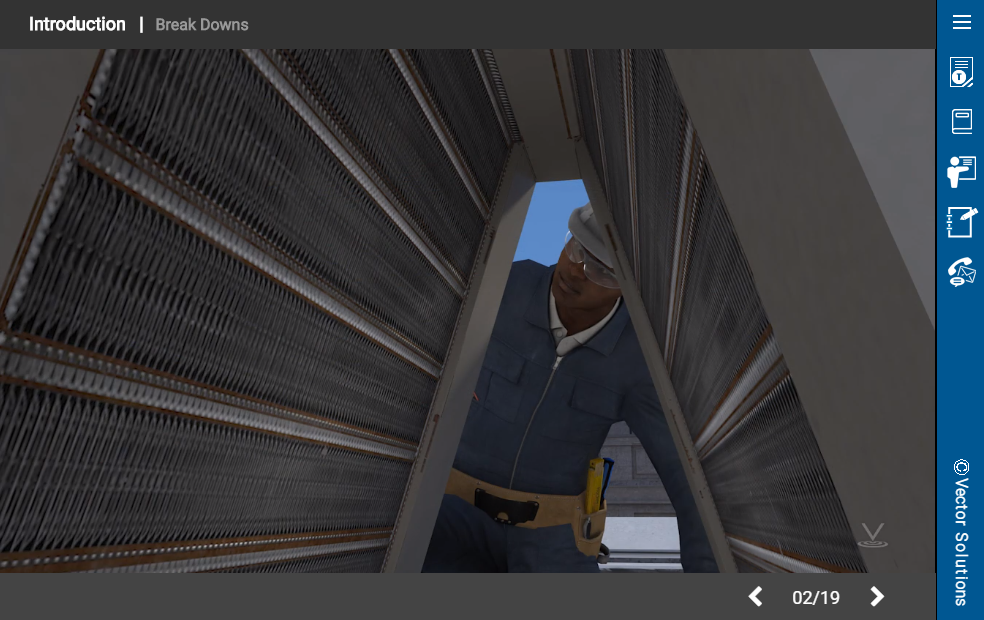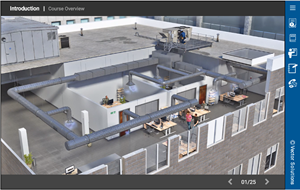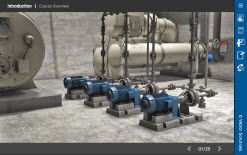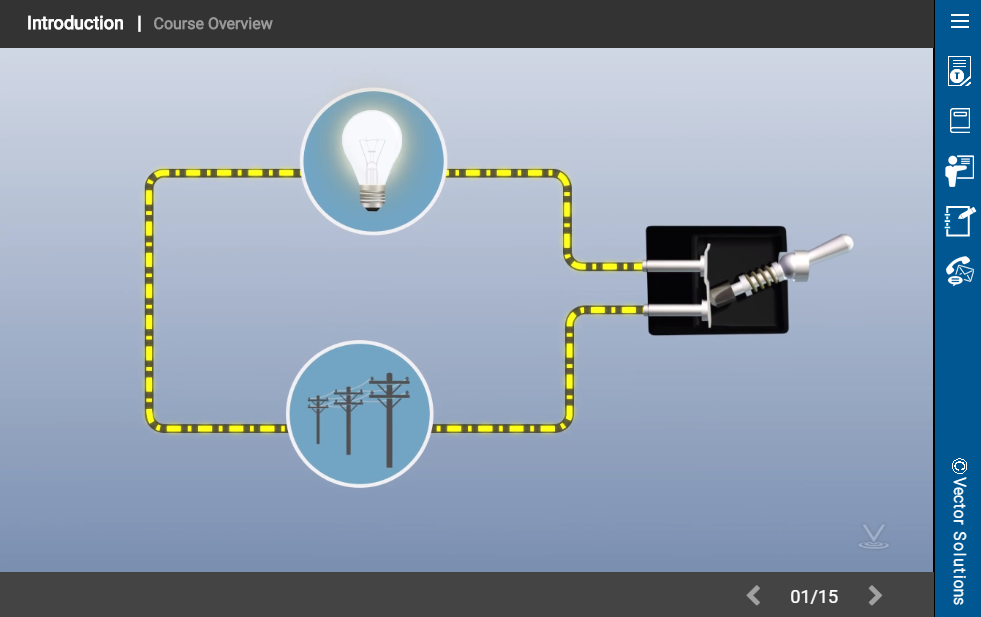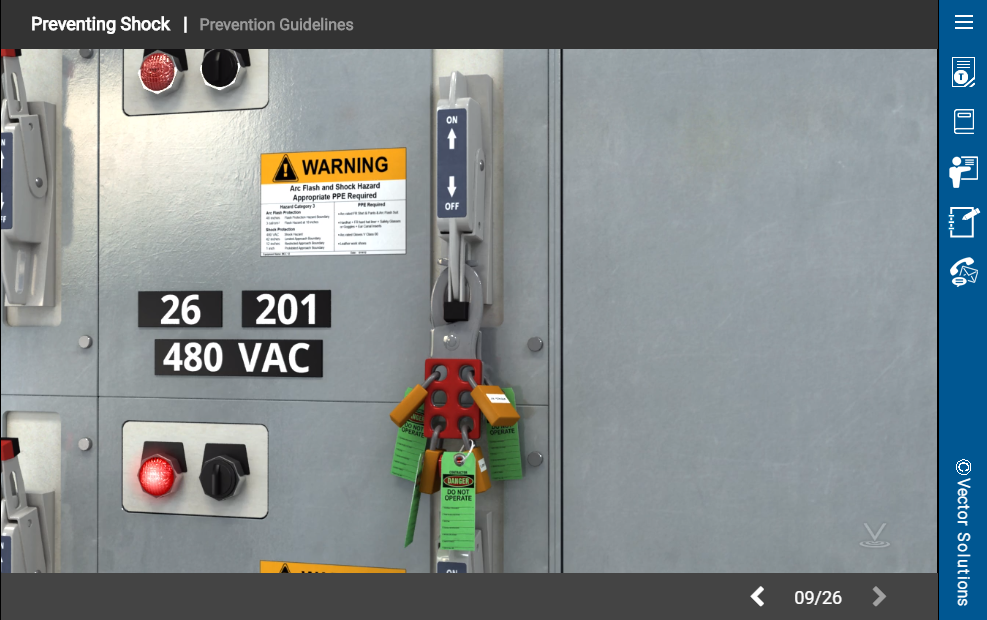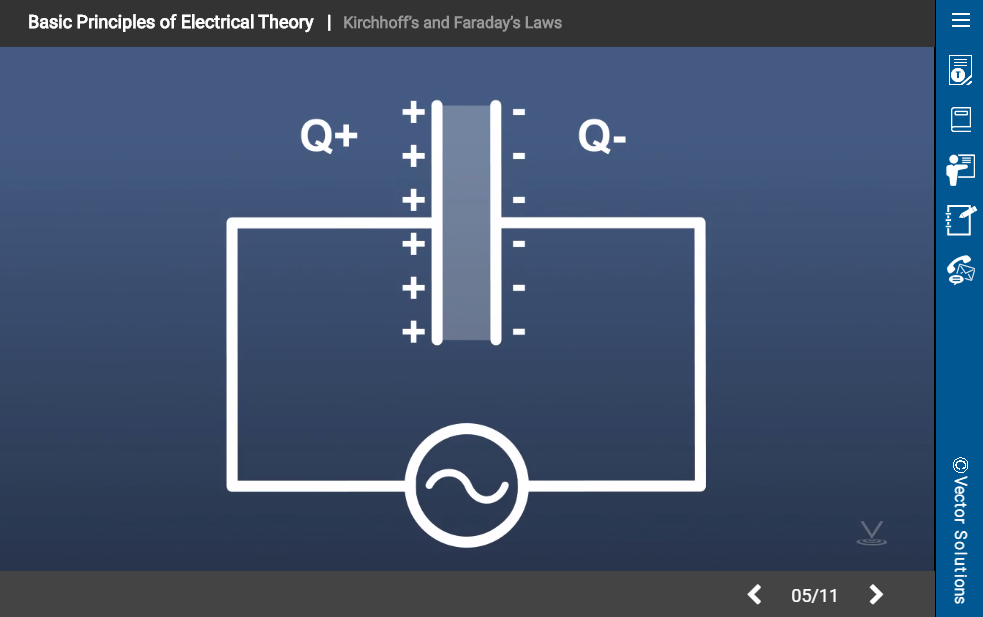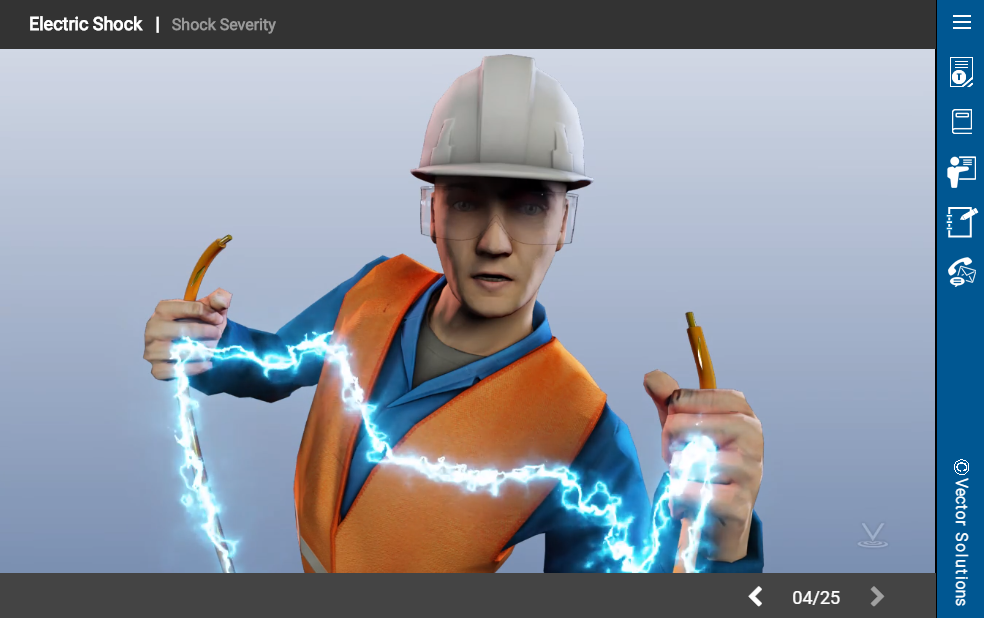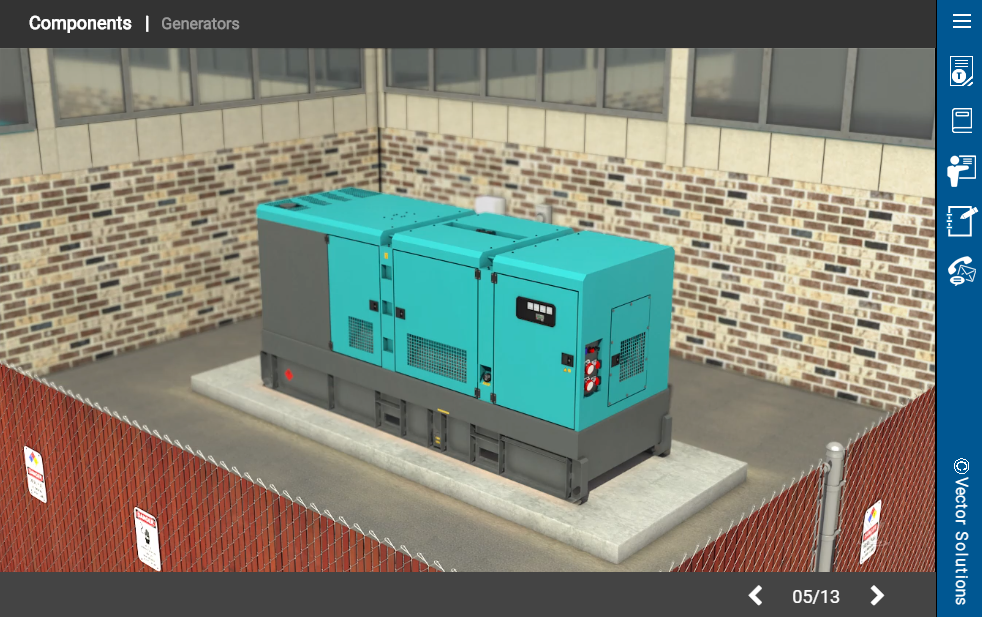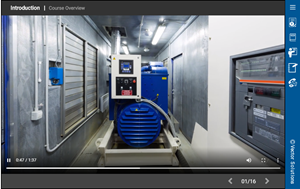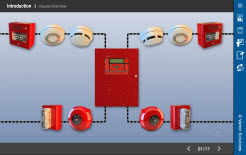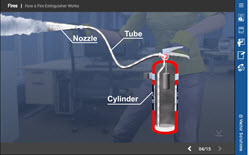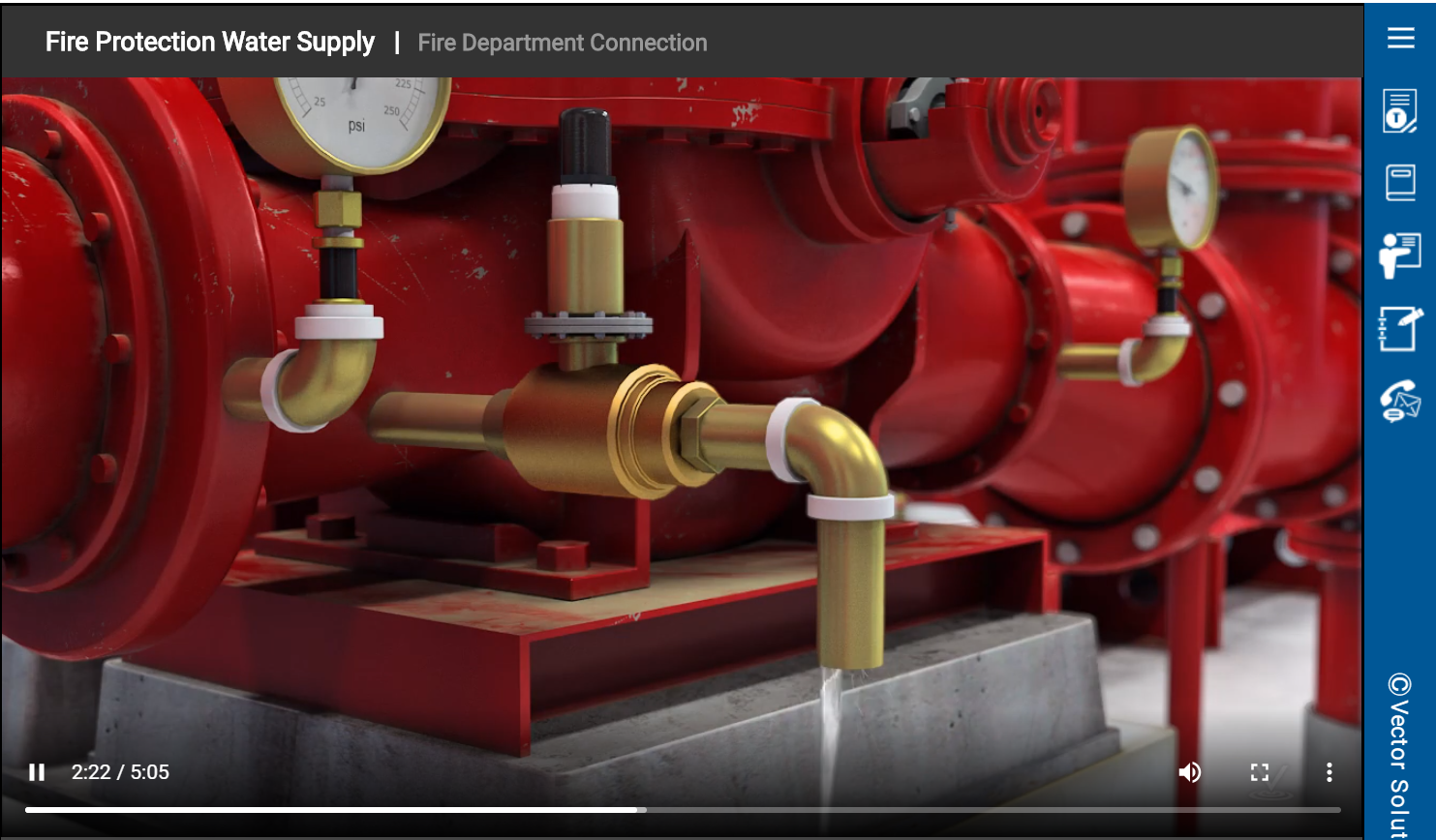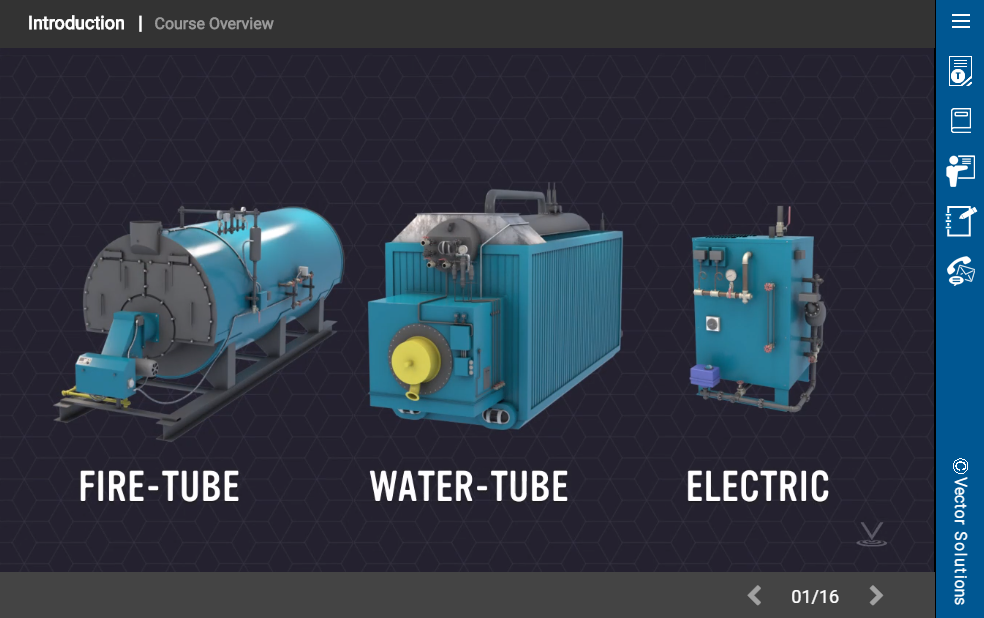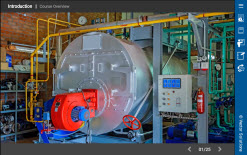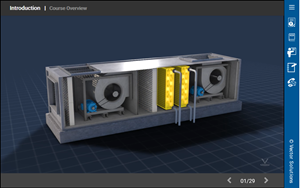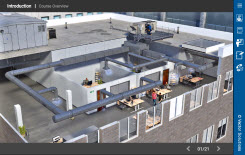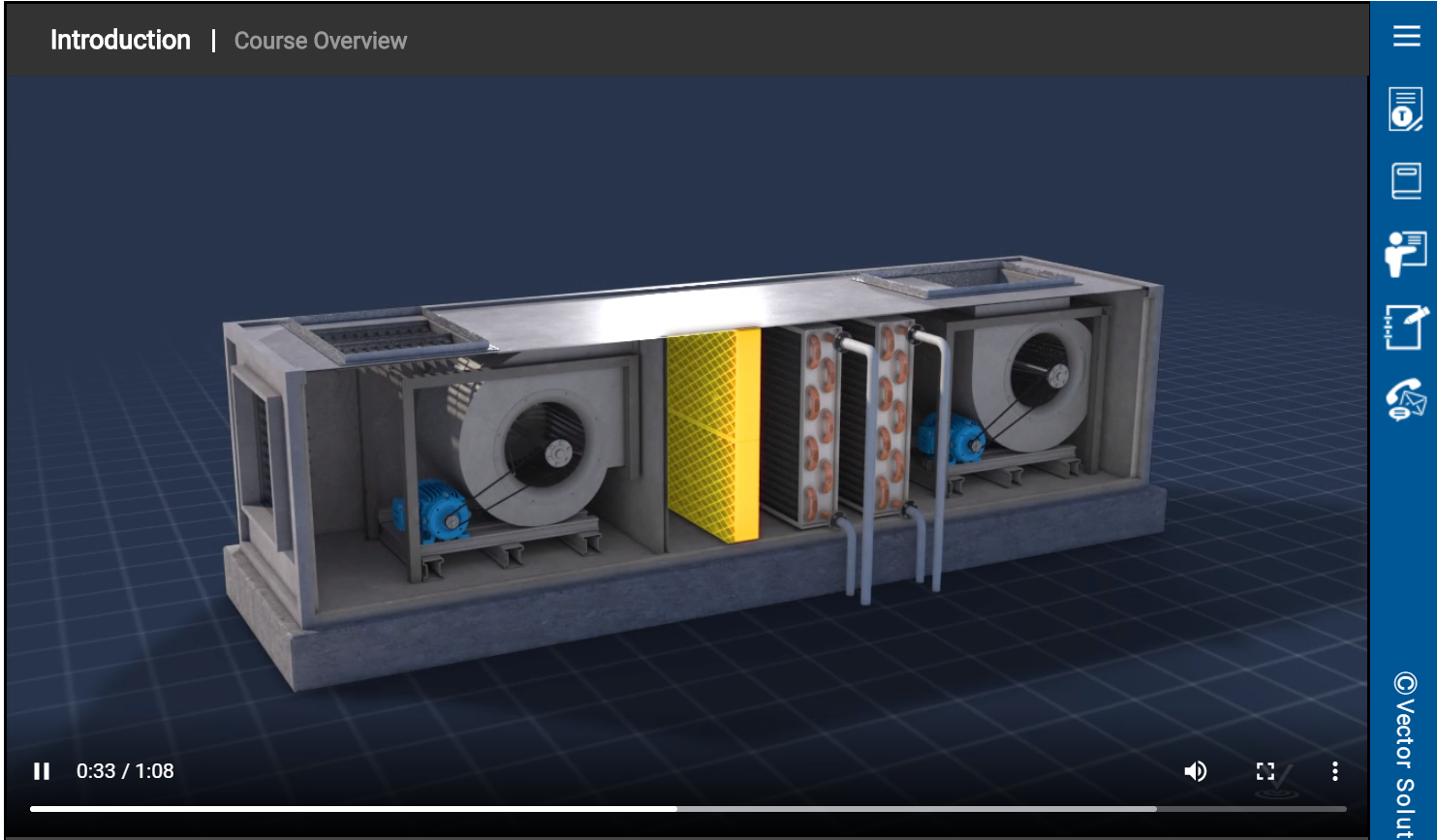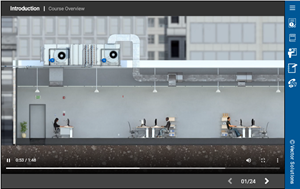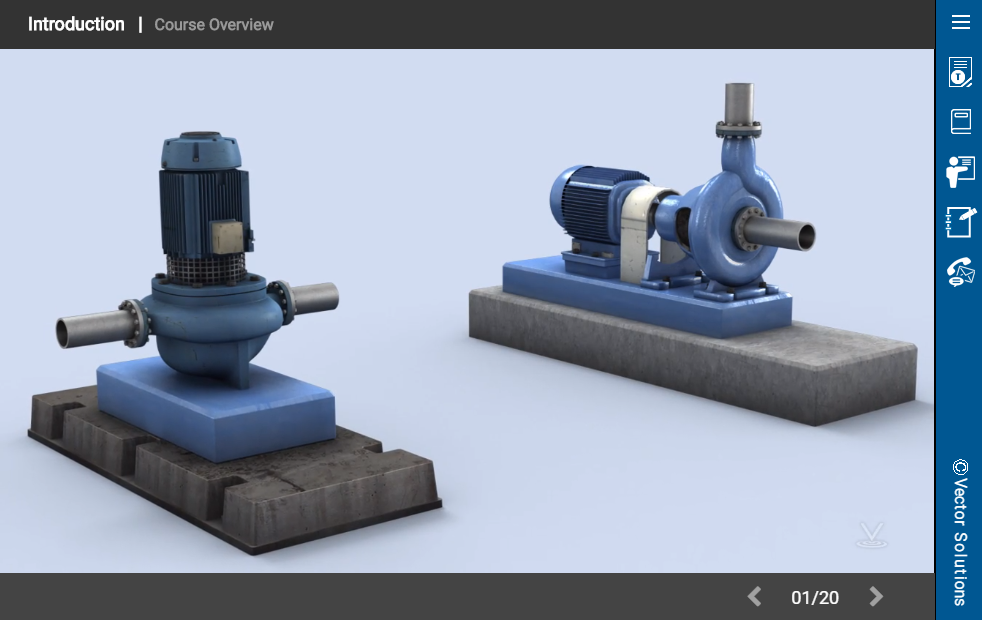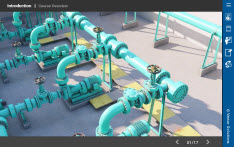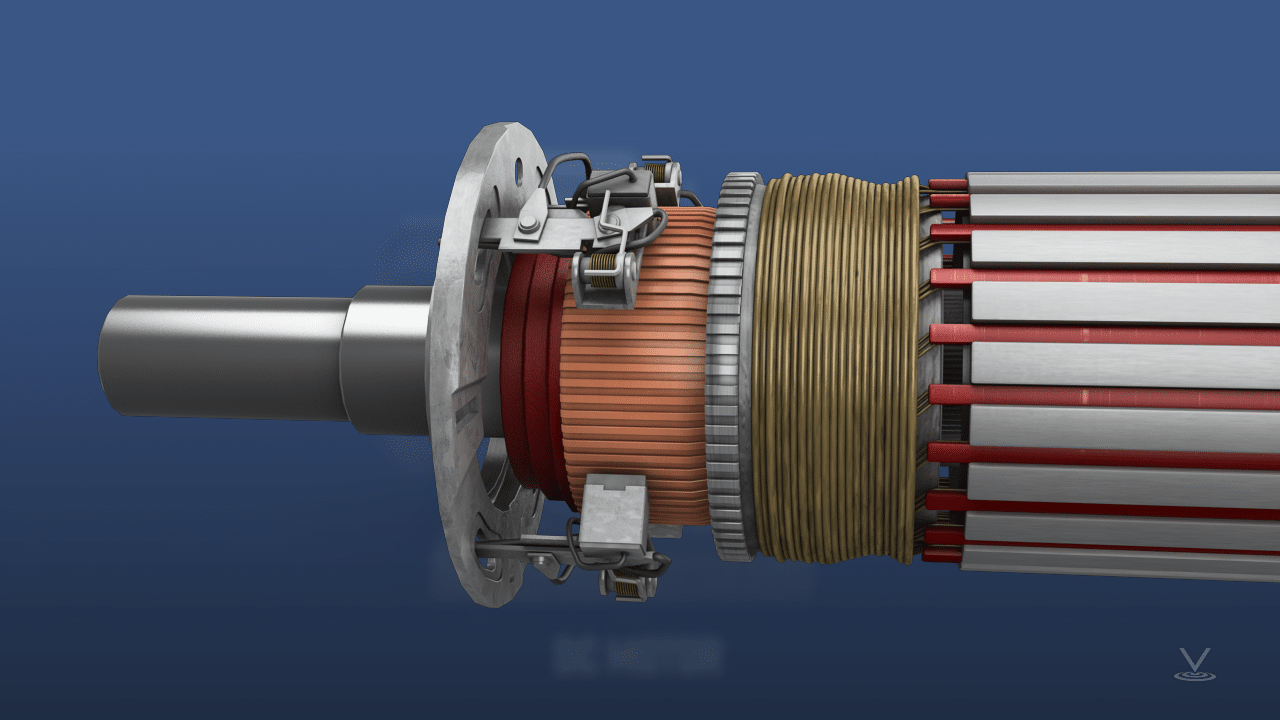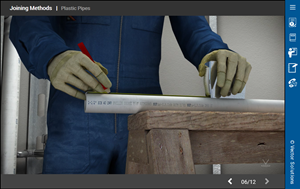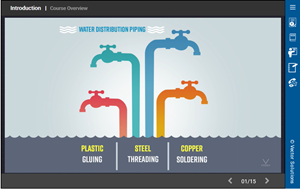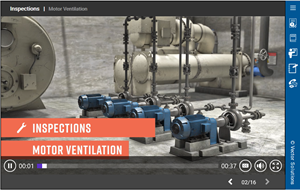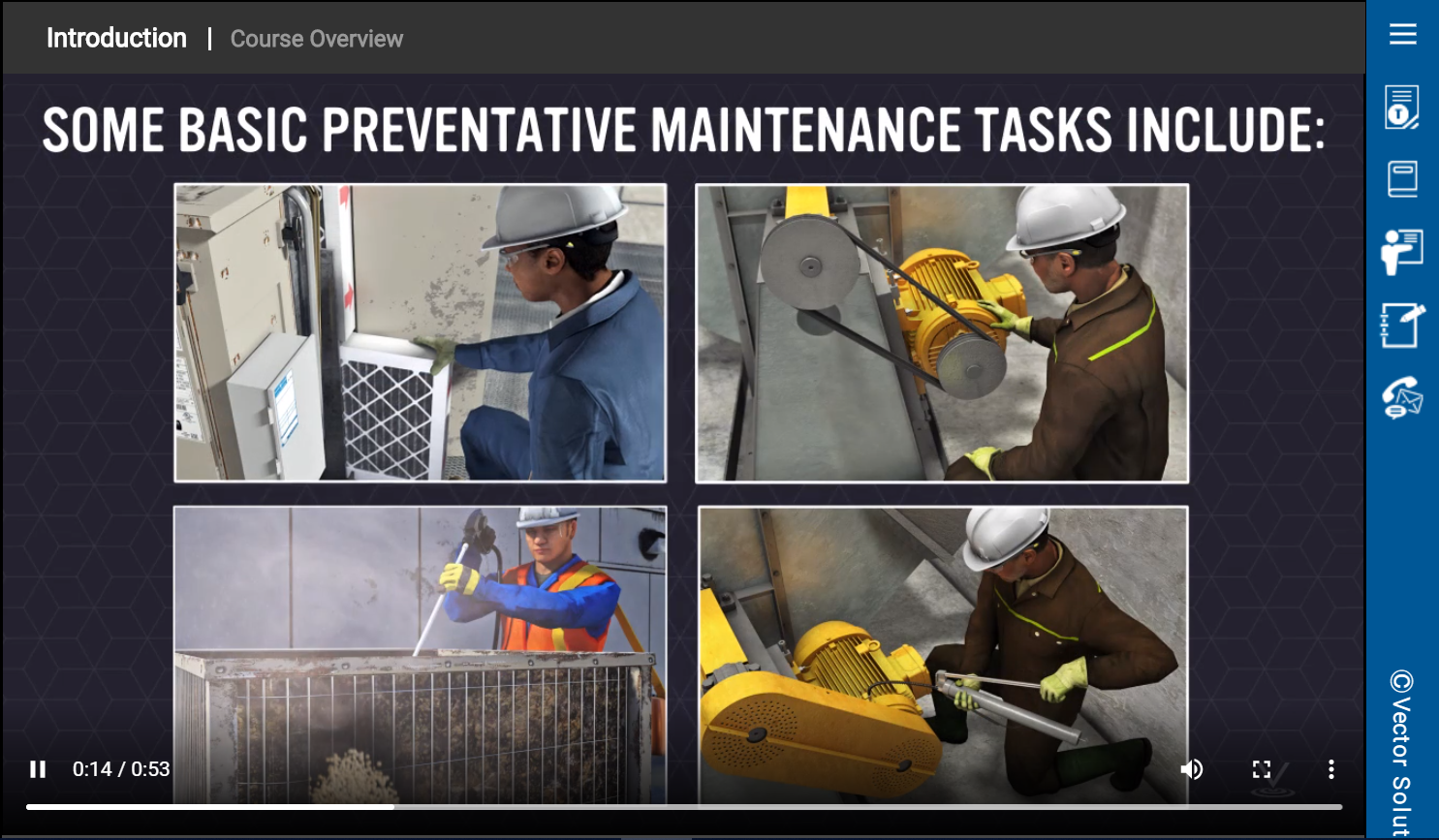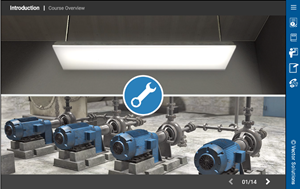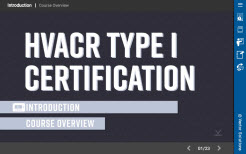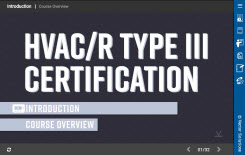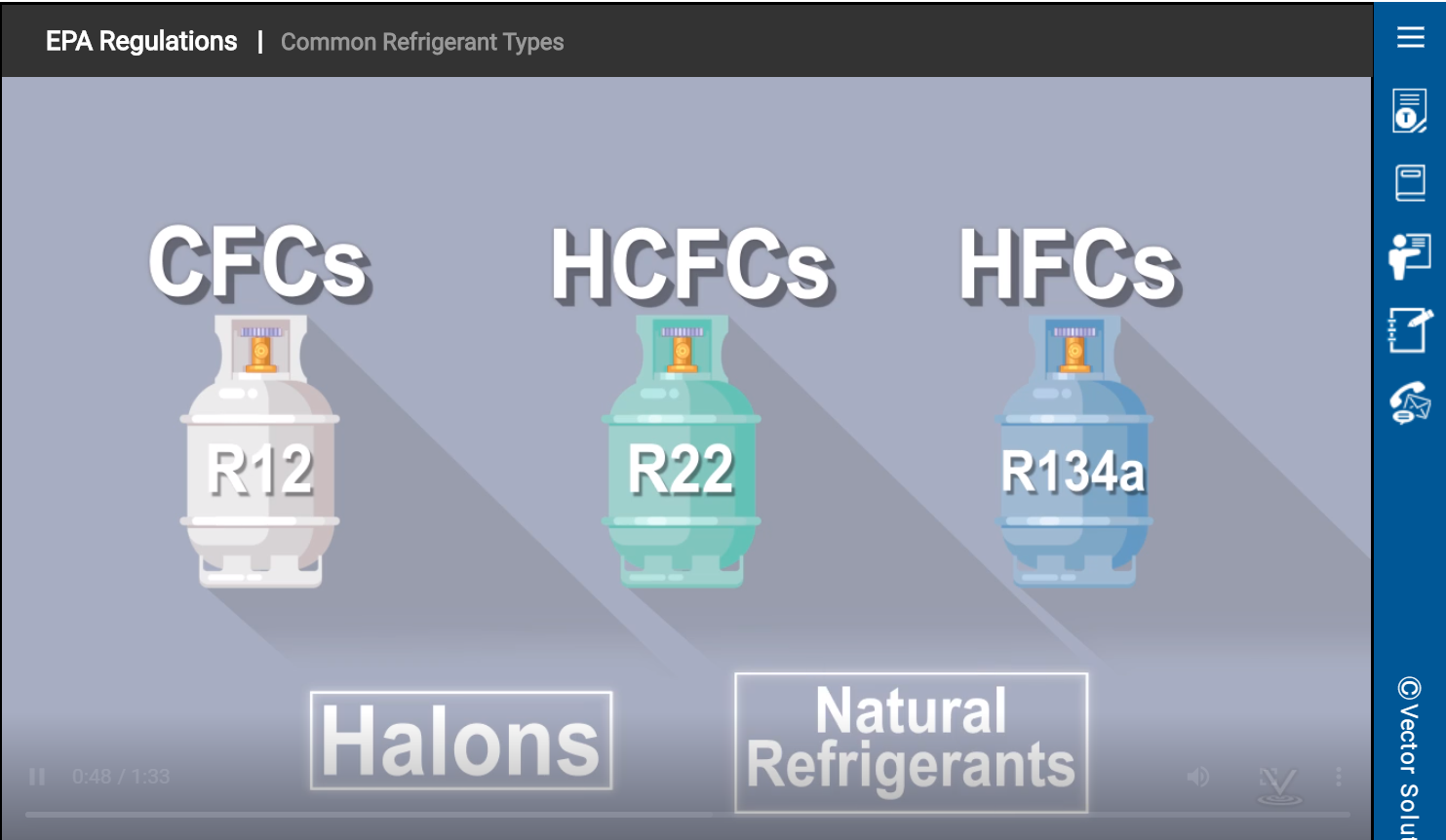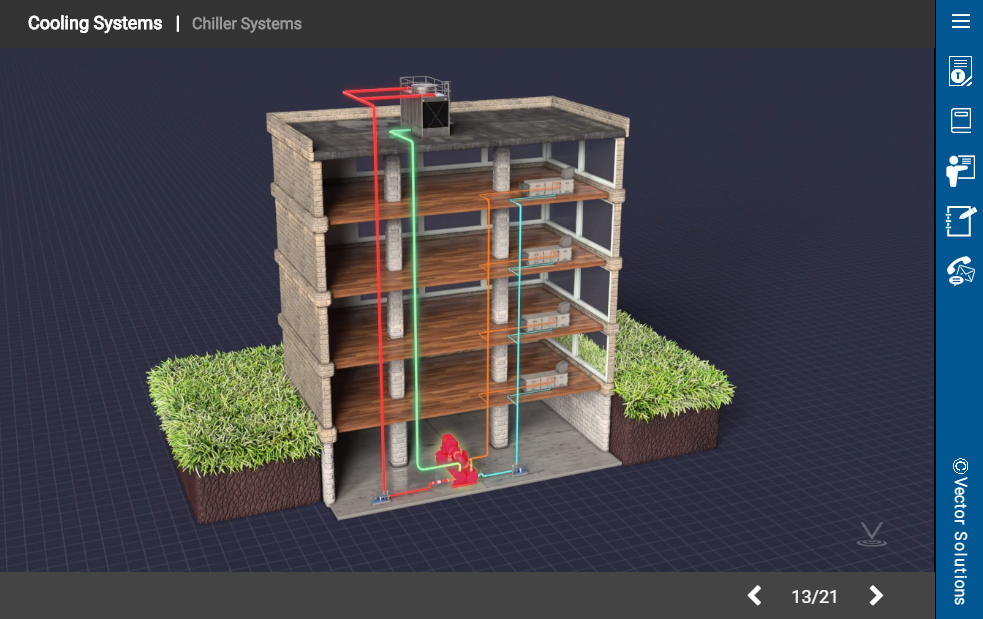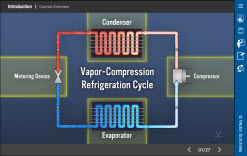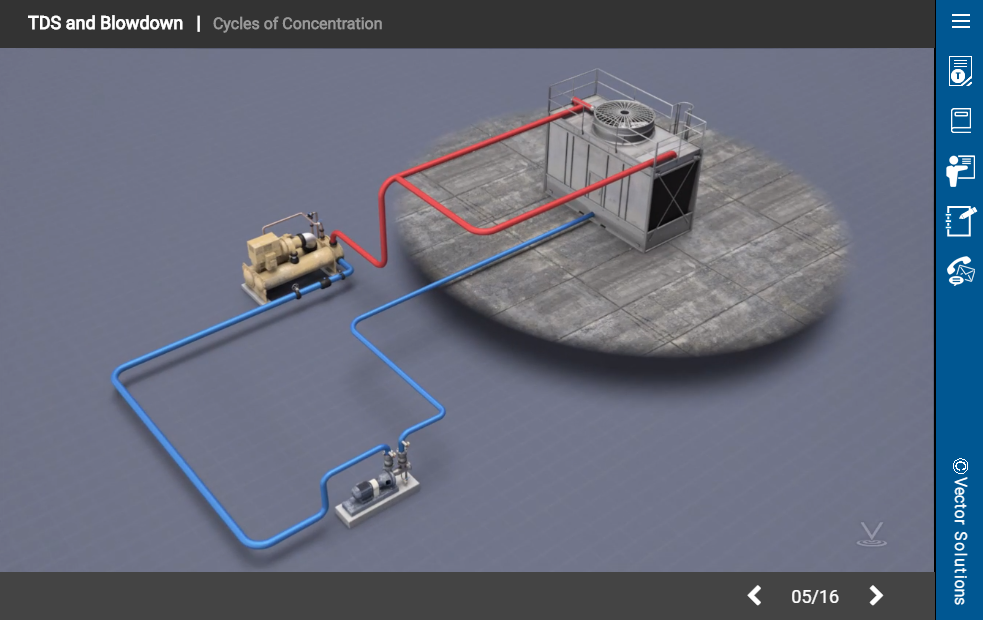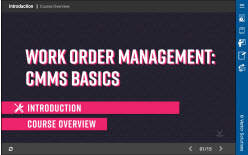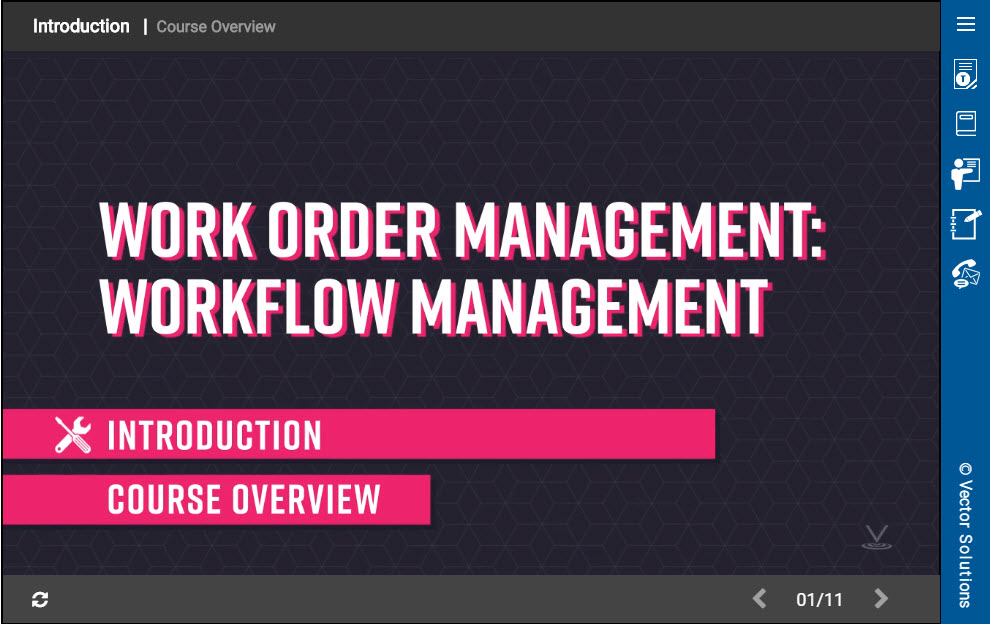Oklahoma 6 Hour 2020 NEC Changes Program #1
This 6-hour course consists of five segments.
Segment one reviews various wiring and protection related changes to the 2020 NEC. Included is a review of requirements associated with arc fault protection, receptacle locations, feeders, load calculations, and overcurrent protection.
The second segment covers the changes in Articles 242 and 250 of the National Electrical Code. The new article 242 contains the requirements for overvoltage, or surge, protection. Article 250 covers the grounding and bonding of systems and equipment.
Articles 300, 310, 311, 312, and 314 of the National Electrical Code are covered in segment 3. Article 300 contains general requirements for wiring methods. Article 310 covers conductors rated 2,000V and less. New Article 311 covers conductors rated more than 2,000V. Article 312 covers cabinets, cutout boxes, and meter socket enclosures. Article 314 covers outlet, device, pull, and junction boxes; conduit bodies; fittings; and handhole enclosures.
The fourth segment covers the changes in the Chapter 3 wiring method articles of the NEC, namely Articles 320 through 392 (AC cable through cable trays). Notable changes include new rules for cables in thermal insulation, a new article (337) for Type P cable, clarifying the different types of service entrance cables, clarifying the rules for stainless steel raceways and fittings, and addressing cable trays that utilize flanged openings.
The final segment covers the changes in Articles 411, 422, 424, 430, 440, 445, 450 and 480 of the National Electrical Code®. Article 411 contains the requirements for low voltage lighting. Article 422 covers appliances. Article 424 covers fixed electric space-heating equipment. Article 430 covers motors and their controllers. Article 314 covers air-conditioning and refrigeration equipment. Article 445 contains the requirements for generators. Article 450 covers transformers. Article 480 covers storage




